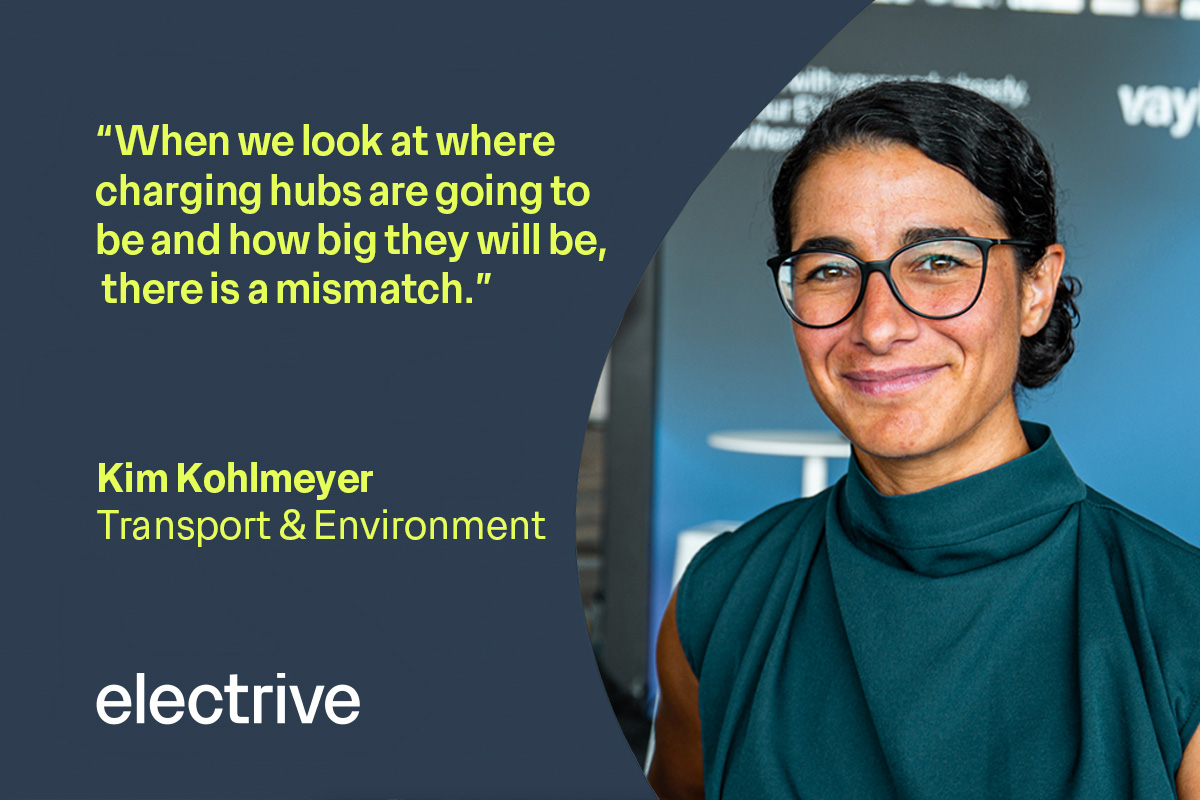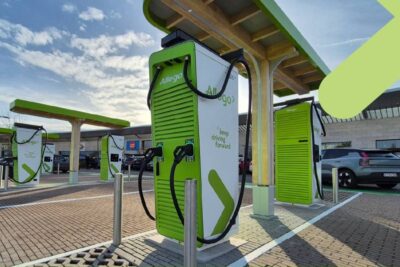Kim Kohlmeyer from T&E: Why AFIR cannot stay a one-size-fits-all policy
Electric trucks are expensive—at least more so than their counterparts with combustion engines. And when considering electric vehicles, companies see a hefty price tag. “What we really need is people who just go ahead and do it,” says Kohlmeyer. Use cases will show that the total cost of ownership (TCO) of an electric truck is still lower.
“We have a lot of small companies, and for them, the invest is a problem,” she explains the core of the problem. Moreover, they also need to factor in the cost of charging infrastructure at the depot. “So it seems like a big mountain to overcome.”
In terms of policy, she sees Europe “as quite far ahead.” The AFIR will help set up the necessary public charging infrastructure, and because of CO2 standards, companies are forced to think about how to lower emissions in the long run. “A fleet mandate would actually make sense,” Kohlmeyer adds.
Another thing that would make sense in her eyes is adjusting AFIR based on the amount of traffic going through a particular region, especially regarding road transport. “When we look at where the charging hubs are going to be and how big they would be, there is a mismatch,” the T&E manager says. Right now, AFIR mandates that there must be charging infrastructure every 60 kilometres along the TEN-T network, but in some regions, that is not enough, explains Kohlmeyer.
“In the north of Spain, you need chargers every 60 kilometres […], but you don’t need the masses of electricity to go through there because there won’t be too many trucks driving there,” she says. “Now, it is a one-size-fits-all, which doesn’t make sense. We need more charging infrastructure in Germany because the traffic goes through here, but we need less in the North of Spain.”
Still, she is confident that electric trucks are coming, albeit not immediately. “We will be faster than with cars,” Kohlmeyer believes. “We will have another slow year […], but I think in five years, we will have a completely different market.”





0 Comments